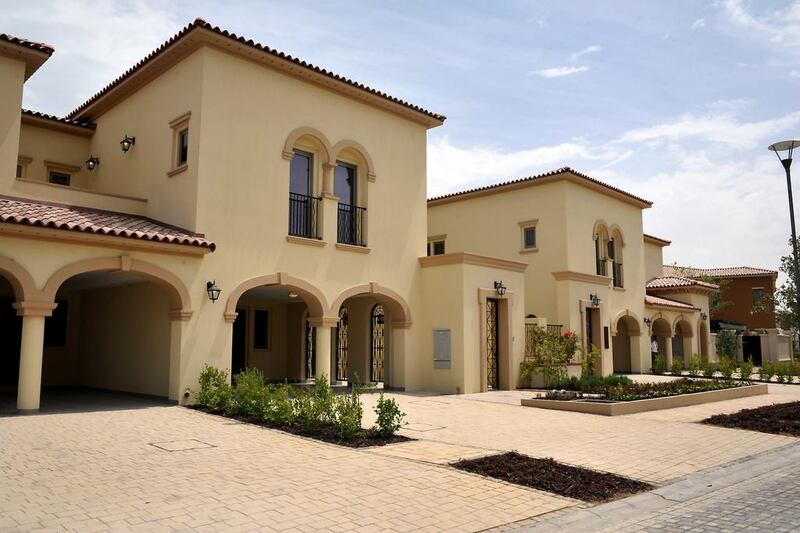Rising rents won't drive people just out of Abu Dhabi, it will drive people out of the UAE, because they are increasing beyond one's capacity to pay (Abu Dhabi warned rising rents could drive low-paid workers out of UAE, April 22). We are almost reaching a point where people cannot afford a normal life here if they are not rich.
Moiz SA, Sharjah
What a great article. It took time but we at least now know that there are some great minds providing consultancy to the Urban Council. Abu Dhabi needs to really work on its strategy and think about what their goal is, how will they reach this goal and how can they maintain it.
Decisions need to be backed up by actions that favour the collective population (citizens and expatriates). The UAE’s leaders have gone to great lengths to make this country very accommodating.
Decisions must be built on reason, equality and fairness. People should not feel they are being priced out of Abu Dhabi. It should be a city where everyone would be able to live in.
Mohammed Taha, Abu Dhabi
Why don’t they stop building villas and high-end apartments that only a small percentage of people can afford and build more affordable accommodation?
Leila Agha Kaawach, Abu Dhabi
With rents skyrocketing, Abu Dhabi is becoming increasingly unaffordable for the middle class. Although houses were never cheap here, the removal of the rent cap has created a big problem.
I would request the authorities to conduct a survey on how rents are taking a toll on the lives of the people. That might help the authoties to reconsider its decision on rent cap. Abu Dhabi is one of the world’s best places to live. I only wish it was more affordable.
Mohammad Aasif Ikbal Kazi, Abu Dhabi
Not-for-profit schools offer a model for the rest
My children are fortunate to have had the benefit of an education at one of the few not-for-profit schools in Abu Dhabi. I believe that this model is the only one which puts the education, well-being and growth of the students at the heart of everything it does and reinvesting any surplus of fees back into the school. These not-for-profit schools combine excellent educational attainment with great value for money, generous teachers’ packages and world class facilities for students.
The same cannot be said of the majority of international schools, whose primary purpose is to make money. Their obligation is to satisfy the needs of shareholders and investors before the needs of their pupils. And yet this seems to be the favoured model with moneymaking at its heart. (ADEC to offer cheap land in Abu Dhabi to build new schools, April 15).
Sheikh Zayed clearly understood the value of the not-for-profit schools and bestowed on them a decree to legitimise their existence in perpetuity. It’s no coincidence that the majority of the best independent schools in the world follow the not-for-profit model.
It seems to me that if you run a school like a business, you end up with a business, not a school. The not-for-profit schools are an important part of the heritage of the UAE and their continued track records of educational excellence, cooperation and achievement after more than 40 years should be celebrated and emulated throughout the UAE.
I hope Abu Dhabi Education Council will continue to respect and support these enormously successful schools and allow them to continue the work they have done so well for so long.
S Peterson, Abu Dhabi
Cylinders are not easy to get
In many ways life in the UAE is becoming comfortable and convenient, but in some ways it is becoming difficult. Gas supply is one example. Many buildings in Abu Dhabi have pipes through which gas is supplied all around the year, while in others there is no such facility. As a result, people like me who live as tenants have to buy cylinders from grocery shops.
Now, however, you can’t just go to a nearby shop or call someone to deliver a cylinder within five minutes.
That is because keeping cylinders in grocery shops is no longer permissible. Now we have to depend on the vehicles that makes rounds in neighbourhoods. But the problem is they may not come when you need a cylinder. The other option is to carry the empty cylinder to a petrol station and fill it will gas. That is even more inconvenient. Why doesn’t the government install pipe connections in every building?
Sunita Joshi, Dubai





